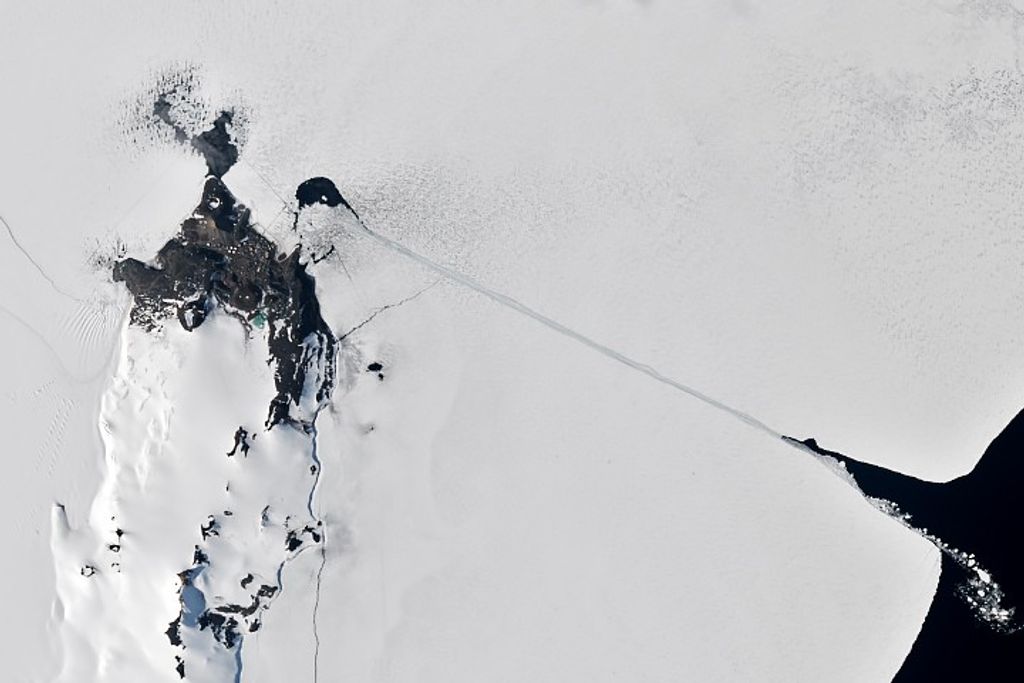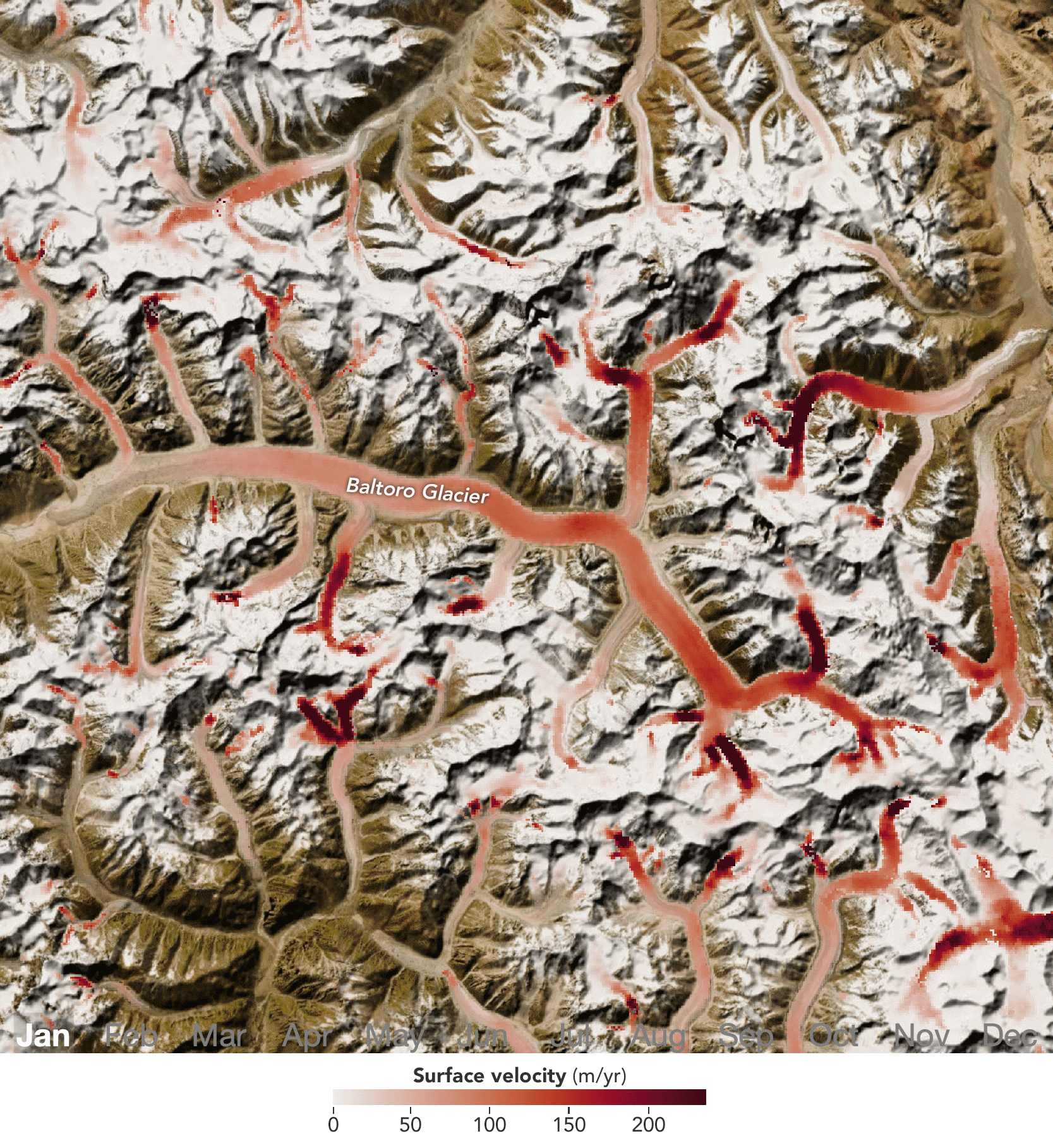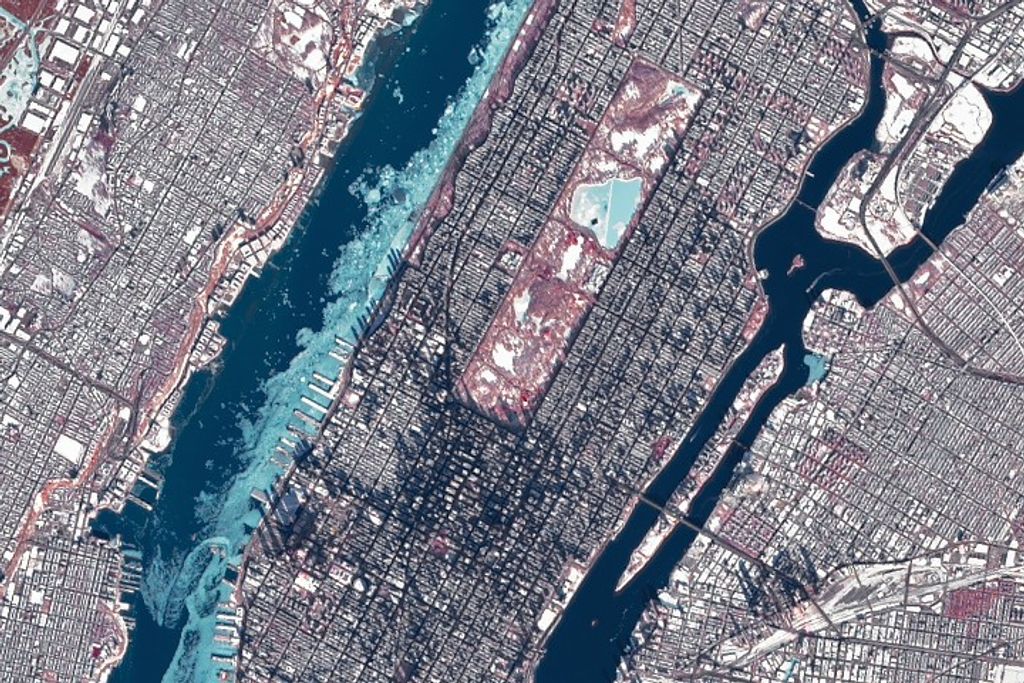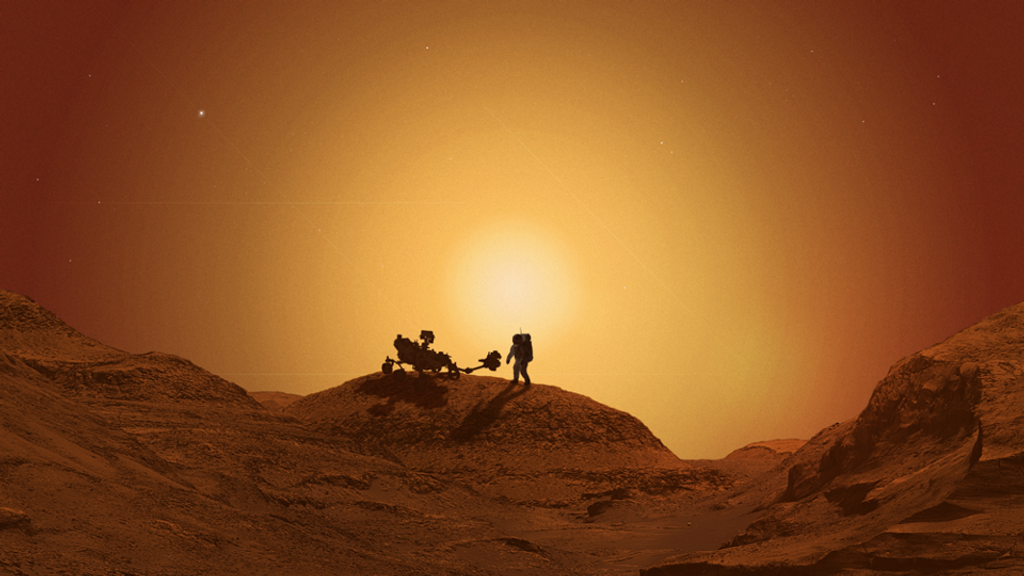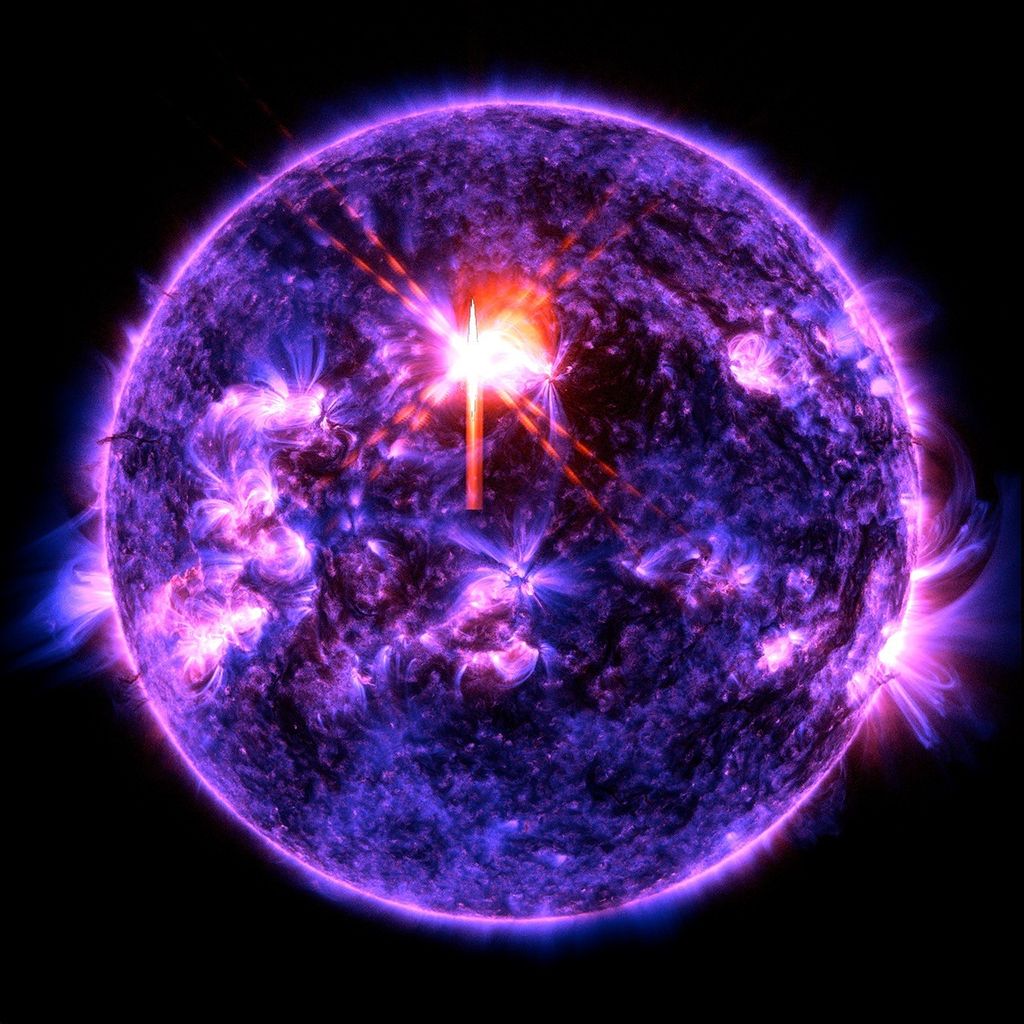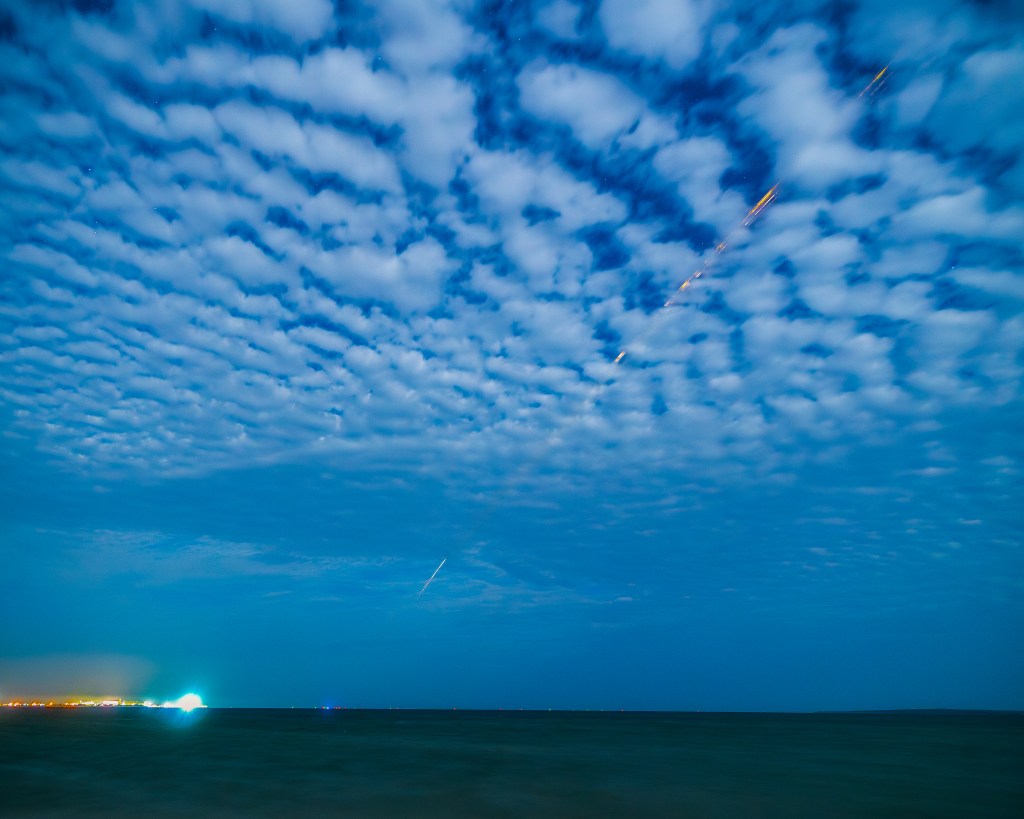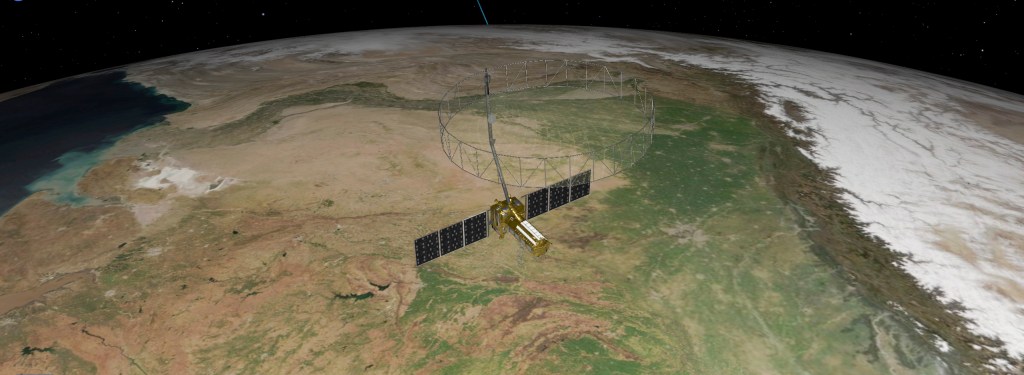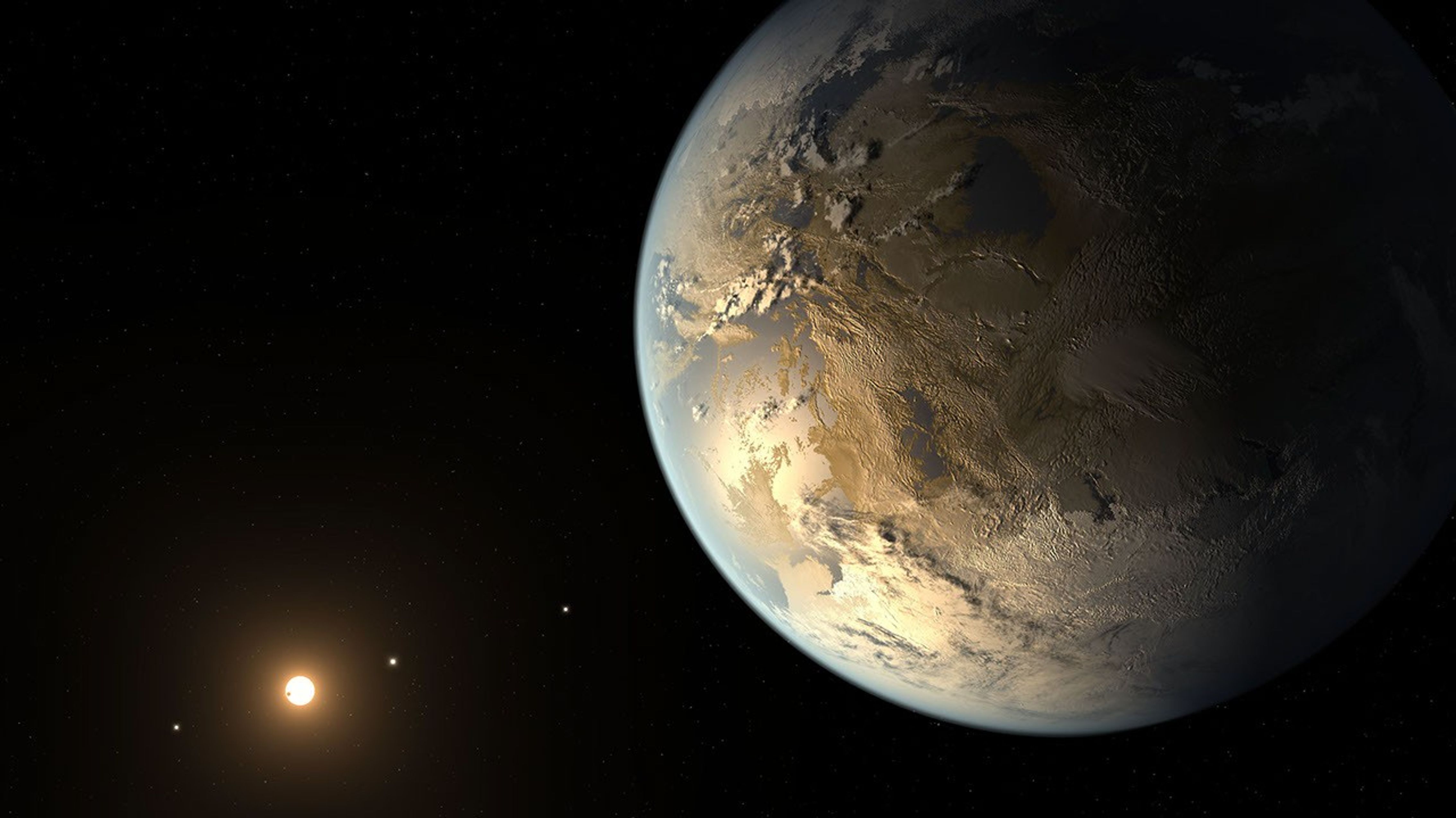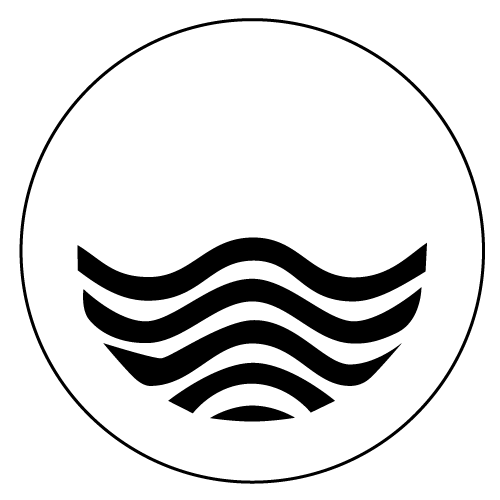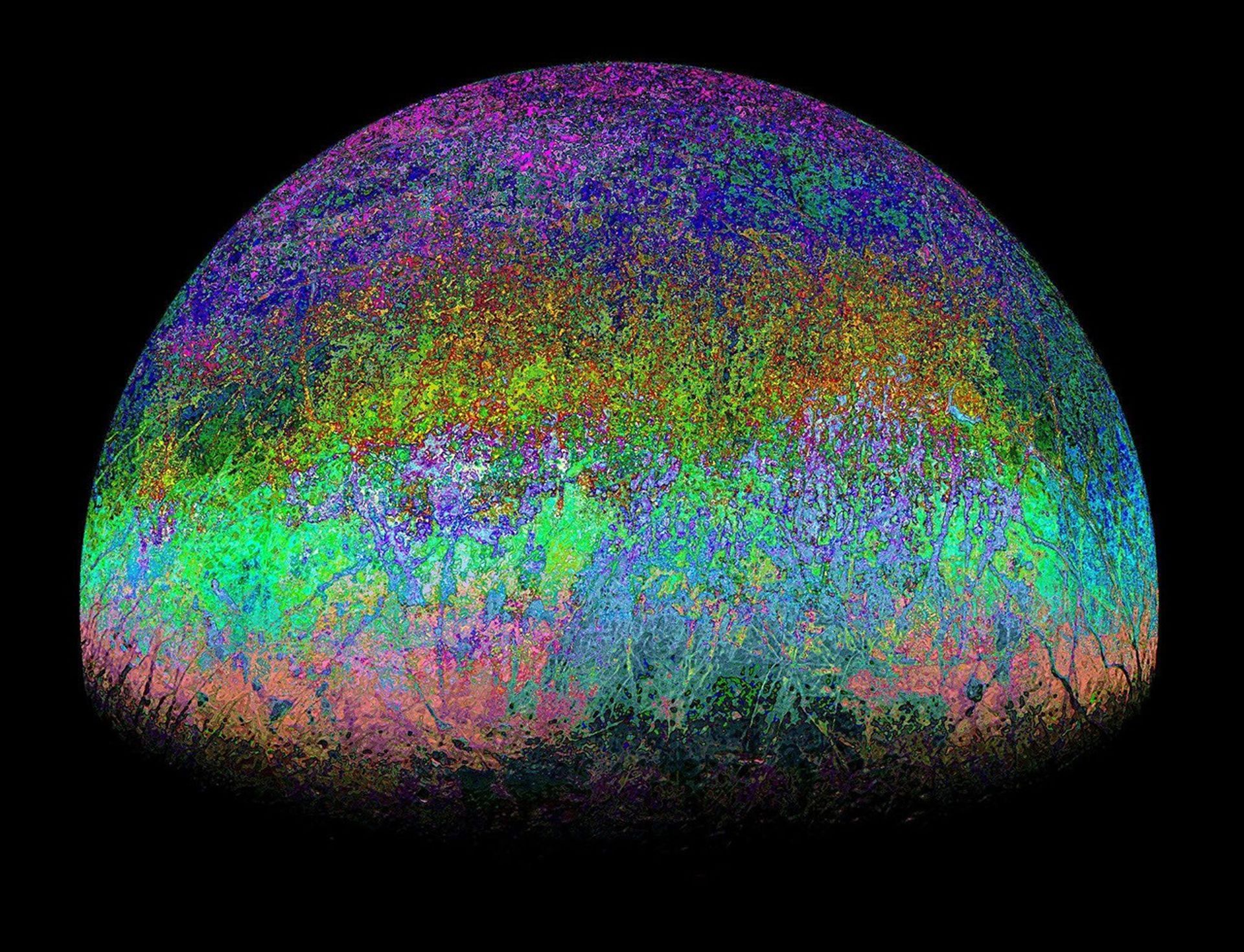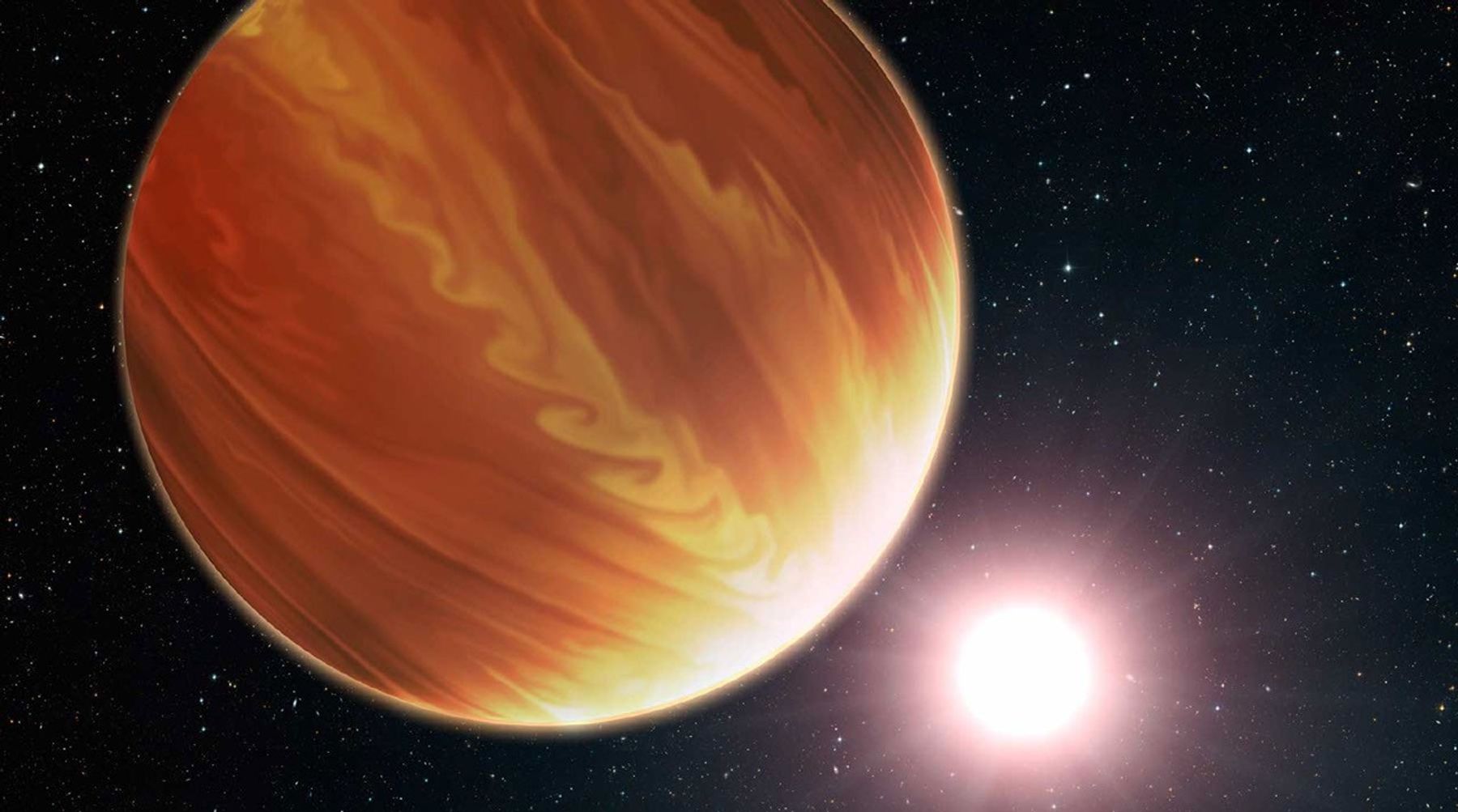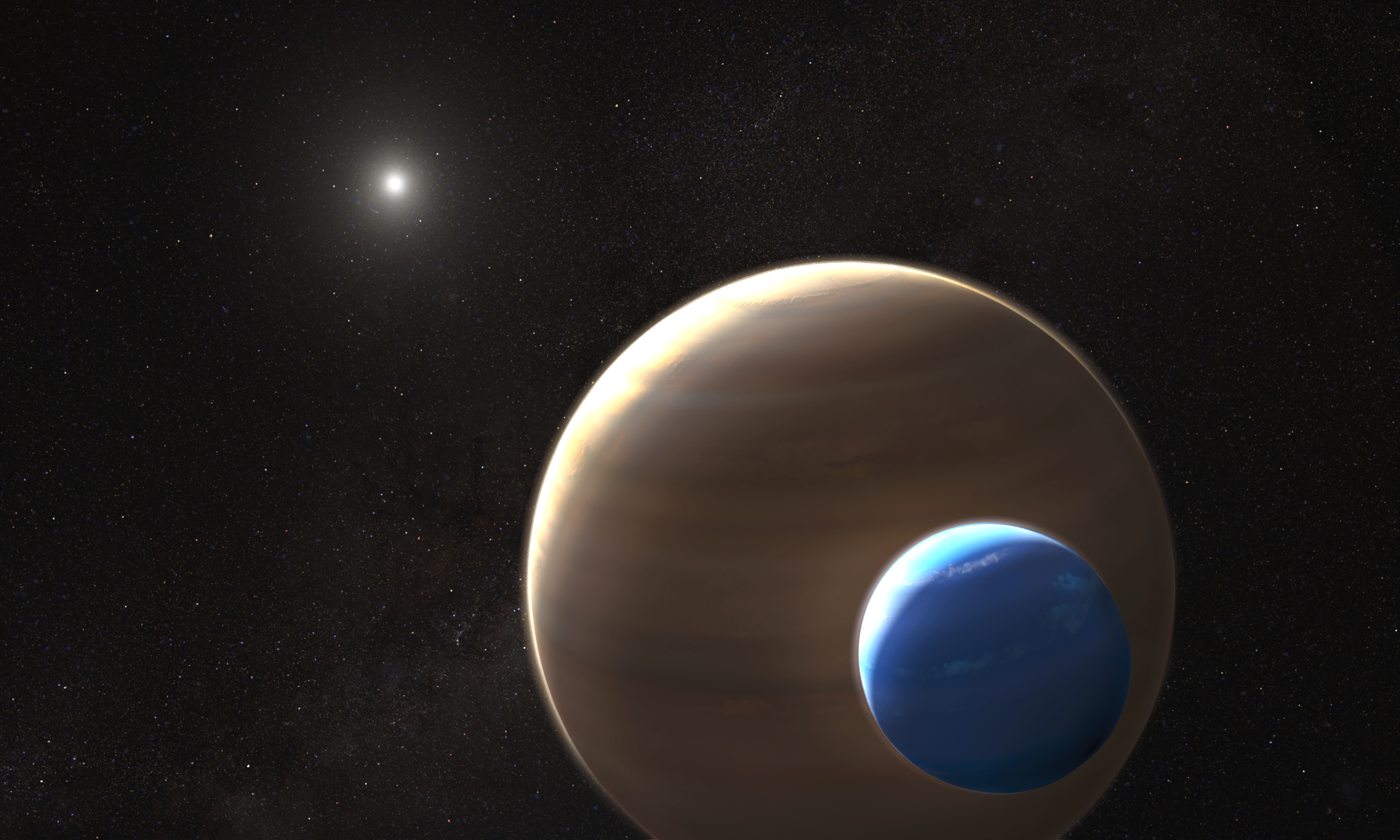Organizing knowledge on biosignatures
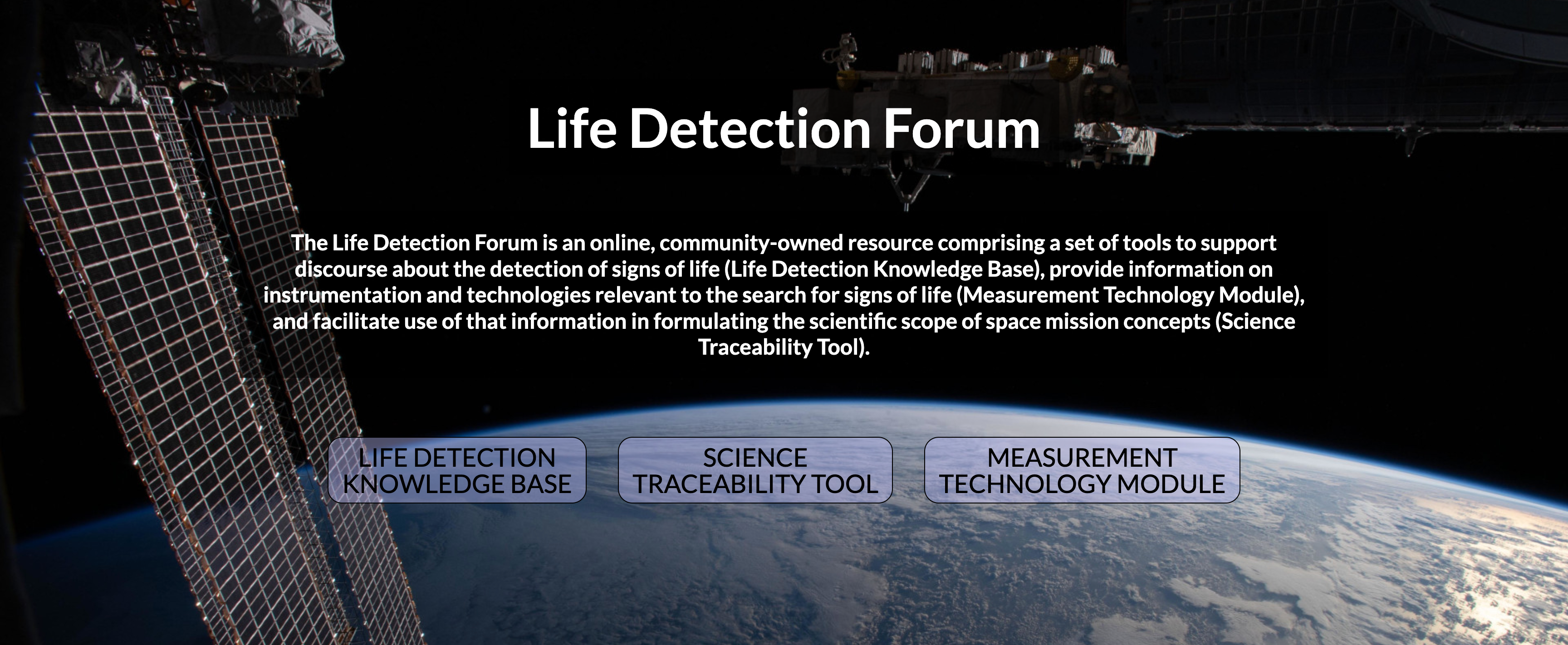
NASA’s Life Detection Knowledge Base
The Life Detection Forum (LDF), rolled out to the community in 2021 and still active, is designed to organize knowledge about life detection science and technology, link life detection objectives to instrument requirements, and highlight priorities for life detection technology development. The core of the LDF is the Life Detection Knowledge Base, which synthesizes and standardizes information on potential biosignatures. The community is invited to explore the webtool and help it become a go-to resource for life detection mission formulation.
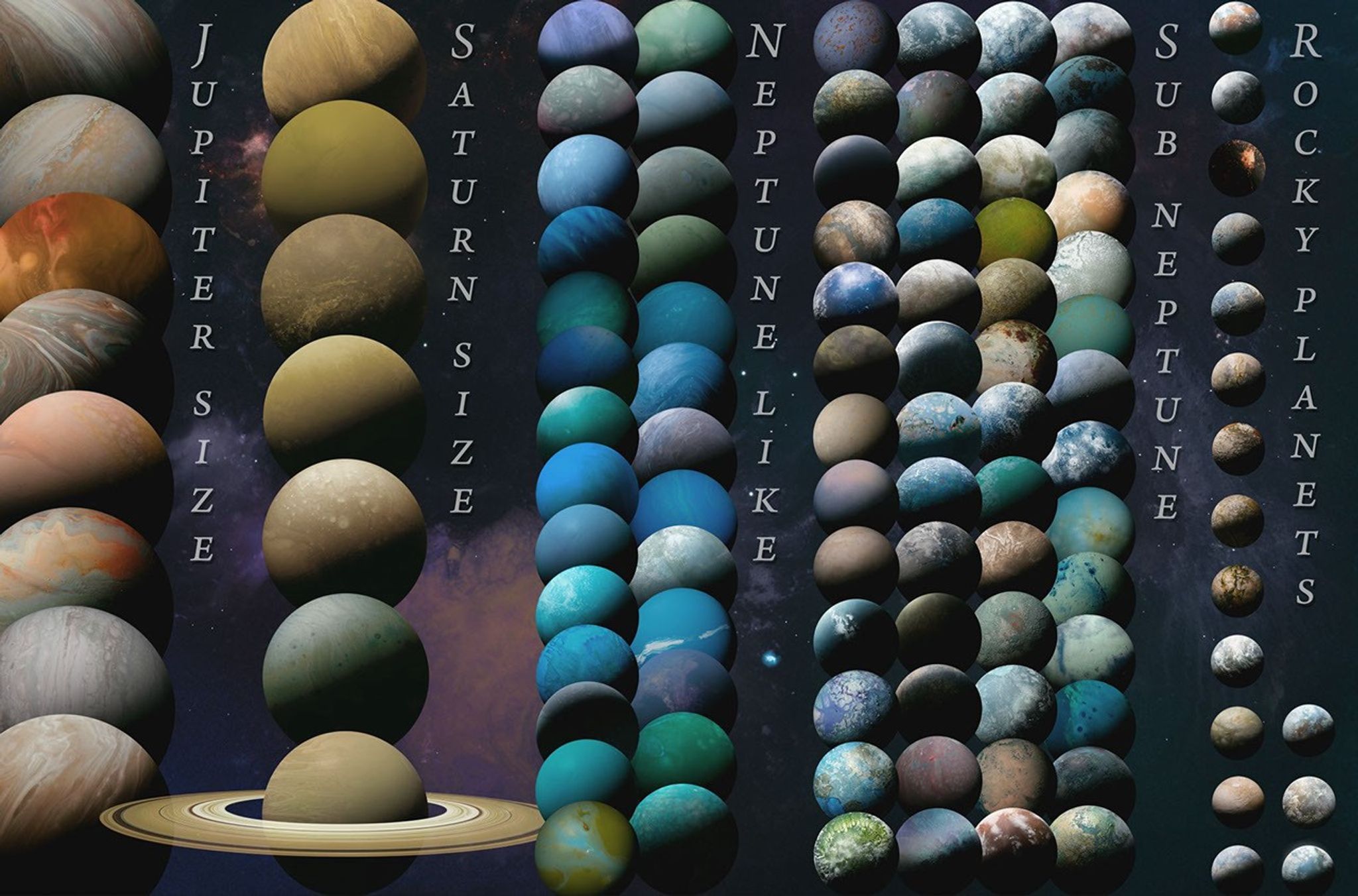
Exoplanet Modeling and Analysis Center (EMAC)
NASA's Exoplanet Modeling and Analysis Center (EMAC) is a catalog, repository and integration platform for modeling and analysis resources for exoplanet characterization. This resource provides a "one-stop shop" to search and discover codes, models, and data visualization tools for informing the interpretation of exoplanet findings.
Interpreting life detection measurements
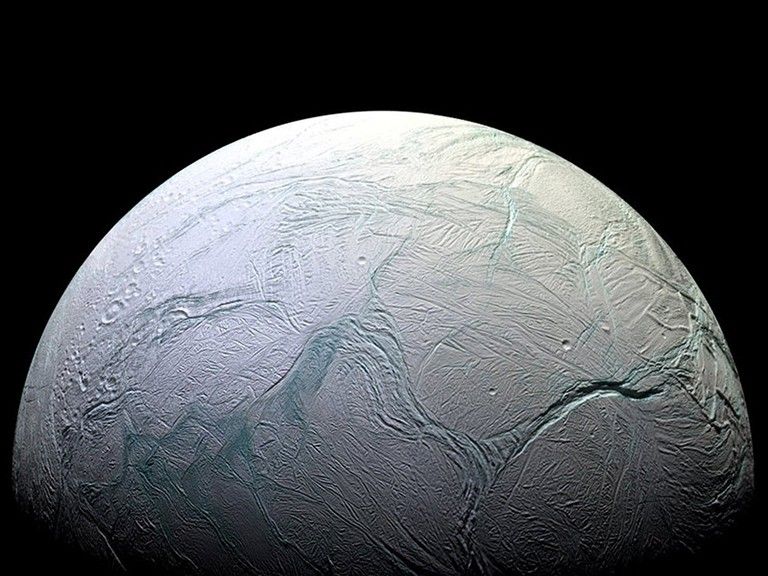
Exploring the Abiotic Background for Life Detection
This workshop in 2025 was organized and sponsored by a partnership between three NASA Research Coordination Networks (RCNs): Network for Ocean Worlds (NOW), the Network for Life Detection (NfoLD), and Prebiotic Chemistry and Early Earth Environments (PCE3). The aim was to assess current understanding of the ‘abiotic background’ in ocean worlds, such as Europa and Enceladus, by engaging experts from various fields including prebiotic chemistry, origin of life, and astrochemistry.
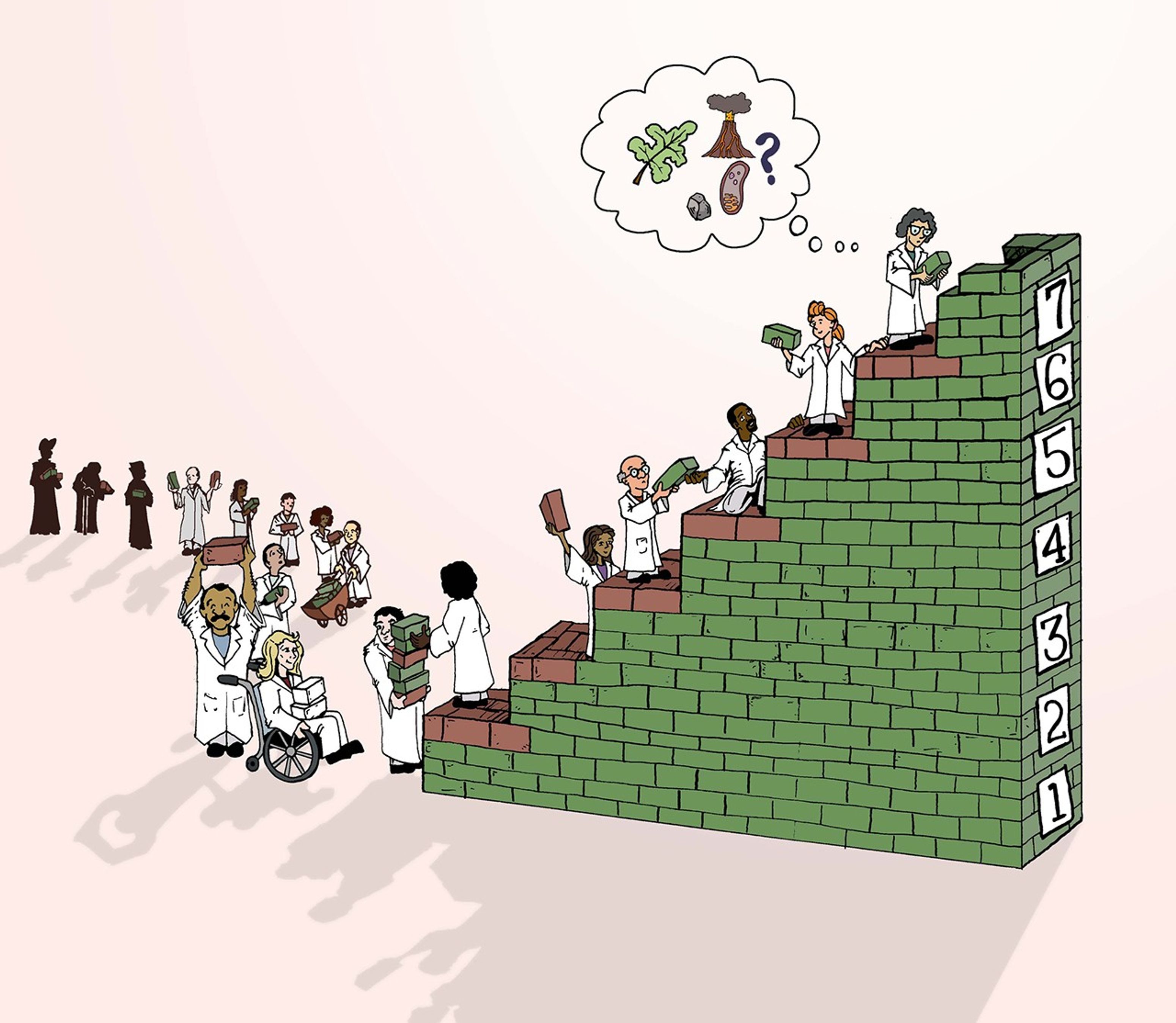
Confidence of Life Detection (CoLD) Scale
The CoLD Scale was released in 2021 as a proof-of-concept-level framework example of a progressive scale that could guide communication around scientific results relevant to the search for life. The intent of the CoLD scale is to open a community dialogue about how to convey information on life-detection, a diverse and complicated subject with a high potential to be sensationalized.
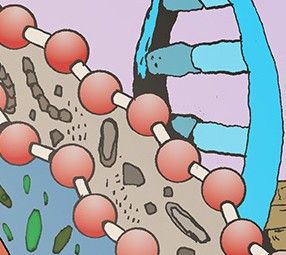
Independent Review of the Community Report from the Biosignature Standards of Evidence Workshop
At the request of NASA, the Committee on Astrobiology and Planetary Sciences of the National Academies of Sciences Engineering, and Medicine, in its role as an independent forum, conducted a review of the NASA report “Community Report from the Biosignatures Standards of Evidence Workshop”. The review addresses the accuracy, assumptions, and conclusions of the NASA report. This publication details the findings of the committee.
Repositories for life detection data
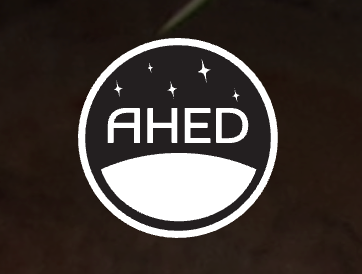
Astrobiology Habitable Environments Database (AHED)
The Astrobiology Habitable Environments Database (AHED) is a data system being developed as a long-term, open-access repository for astrobiology data. AHED is intended to store user-contributed results from NASA or externally-funded research in astrobiology, and to encourage sharing and synergy within the astrobiology community.
Workshops and Events related to Life Detection
-
The Life Detection Forum Workshop Series
The ongoing LDF virtual workshop series engages the community in developing an evaluative framework for biosignatures.
Visit NFoLD Research Coordination Network for more information
-
2025 - Exploring the Abiotic Background for Life Detection
This workshop was organized and sponsored by a partnership between three NASA Research Coordination Networks (RCNs): Network for Ocean Worlds (NOW), the Network for Life Detection (NfoLD), and Prebiotic Chemistry and Early Earth Environments (PCE3). The aim was to assess current understanding of the ‘abiotic background’ in ocean worlds, such as Europa and Enceladus, by engaging experts from various fields including prebiotic chemistry, origin of life, and astrochemistry.
-
2022 - Future of Life Detection Workshop
In the spring of 2022, over 100 scientists and technologists took part in a NASA-supported workshop that focused on the interconnections between science and technology involved in the search for signs of life in the Solar System.
“Future of the Search for Life: Workshop Report,” published in the journal Astrobiology
-
2021 - Standards of Evidence for Life Detection Community Workshop
The Network For Life Detection (NFoLD) and Nexus for Exoplanet System Science (NExSS) research coordination networks hosted a joint virtual workshop on biosignature standards of evidence and reporting protocols from July 19-22, 2021.
Community Report from the Biosignatures Standards of Evidence Workshop
-
2020 - Criteria for Biosignature Evaluation
The goal of this virtual workshop in 2020 was to engage the community in solidifying criteria against which to evaluate the utility of specific measurements in achieving specific life detection objectives.
Publication Resources:
- Lenardic et al. (2023) Communicating astrobiology in words not numbers and with facts not fiction. Nature Astronomy, 7(1009). doi: 10.1038/s41550-023-02031-8
- Green et al. (2023) Moving toward a framework for communicating the confidence of life detection. Nature Astronomy, 8(2–3). doi: 10.1038/s41550-023-02135-1
- Vickers, et al. (2023) Confidence of Life Detection: The Problem of Unconceived Alternatives. Astrobiology, 23(11). doi: 10.1089/ast.2022.0084
- Noack et al. (2025) Why do we need (another) universal tracers portal in Astrobiology? Intl. Journal of Astrobiology 24, e11. doi: 10.1017/S1473550425100086

